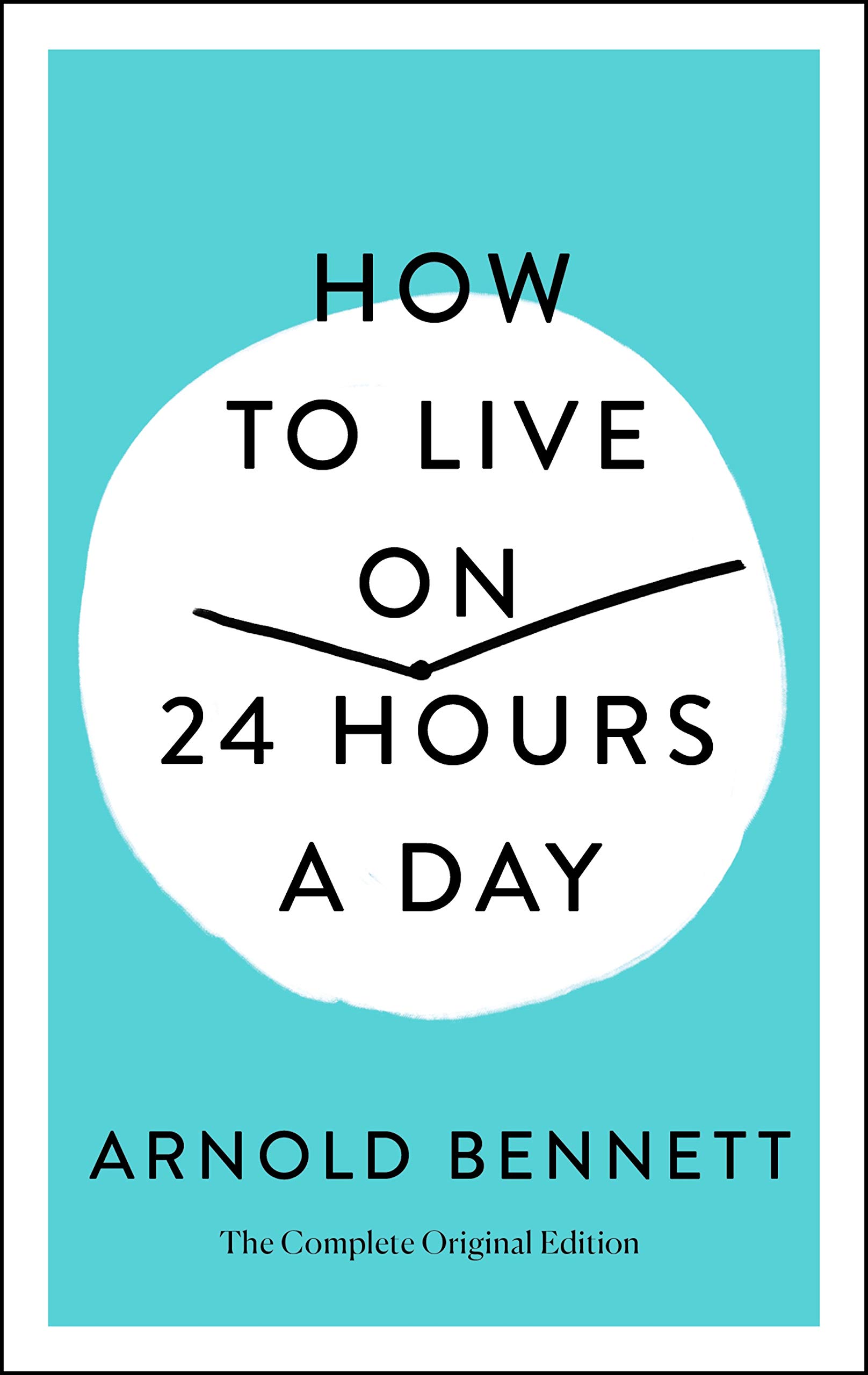Chapter IX — Interest in the Arts
byChapter IX explores how genuine interest in the arts can evolve from a casual appreciation into a lifelong source of enrichment. Instead of filling spare hours with unproductive habits or feeling guilty over disinterest in literature, readers are encouraged to broaden their perspectives. Not everyone is naturally drawn to novels or poetry, and that’s acceptable—personal growth can emerge from many kinds of intellectual exploration. The important thing is not the subject, but the intent to engage with it meaningfully. Music, as the author highlights, offers a powerful entry point into such engagement. Without needing to play an instrument, one can still learn to understand structure, tone, and emotional resonance in sound.
Promenade Concerts are used as a vivid example of this opportunity. People flock to these performances, often drawn by the communal atmosphere or the thrill of hearing famous works. Yet most in attendance cannot name the instruments being played or grasp the design of the music. That doesn’t mean they shouldn’t attend—on the contrary, their interest is the beginning of something greater. The author’s point is clear: the emotional pull that draws people to music is valid, and with some effort, that pull can be deepened into genuine comprehension. Tools like simple listening guides or beginner-friendly texts about musical form can transform a vague enjoyment into structured understanding.
The chapter’s real value lies in its push against passive consumption. It suggests that instead of just sitting through a performance, one might take time to learn the basic structure of a symphony or the individual voices of each instrument. This effort doesn’t require mastery—only attention. When listeners know what to expect and what elements to listen for, concerts become more immersive. This kind of awareness turns idle entertainment into an intellectually stimulating habit. By shifting the goal from casual distraction to informed appreciation, every evening becomes an opportunity to enrich both the mind and the soul.
A compelling argument is also made for intentional learning without overwhelming the reader. No one is expected to become a musical scholar overnight. Instead, the author recommends devoting just a few evenings a week to reading or reflecting on music. The key is consistency and curiosity, not expertise. With time, even someone who once dismissed music as too complex or foreign can develop both an ear and a love for it. As understanding grows, so too does pleasure—what once felt inaccessible becomes a personal treasure. This mindset nurtures humility, wonder, and a sense of progress, all of which contribute to a richer inner life.
By separating artistic appreciation from performance ability, the author removes a significant barrier many feel when exploring the arts. Just as one does not need to write fiction to enjoy a novel, so too one doesn’t need to compose or perform to experience the depth of music. Learning to listen with care, to recognize patterns and emotional shifts, can offer just as much intellectual satisfaction as mastering technical details. This reframing opens the arts to more people and aligns well with the book’s broader message: that twenty-four hours a day is more than enough time to build a fulfilling, cultured existence. The arts, when approached with patience and a willingness to learn, can become as familiar as daily conversation.
A broader benefit of this approach is how it conditions the mind to seek meaning in small experiences. Whether walking through a park while thinking about a recent concert or reading a biography of a composer during a commute, the arts begin to thread through everyday moments. Life becomes layered with insights and connections that enrich one’s sense of being. This way of living doesn’t require wealth, status, or extraordinary intellect—it only asks for interest and time. And by investing these modest resources, a person gains emotional clarity, aesthetic pleasure, and a deeper connection to the world. The chapter, in essence, reminds readers that beauty and depth are not reserved for experts—they are invitations extended to anyone willing to truly listen.

